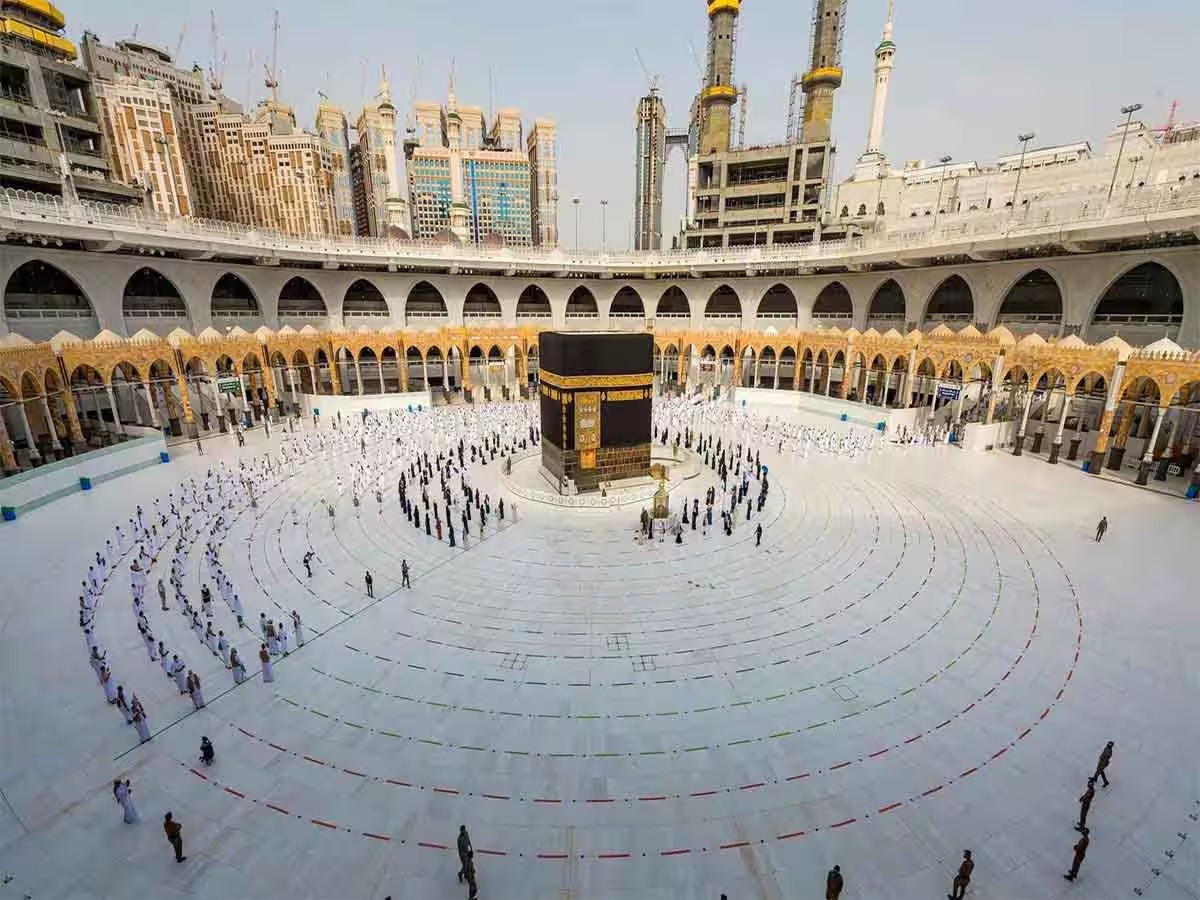
It is very hot. Meanwhile, the death toll in the Haj pilgrimage has now crossed 1000. More than half of these were unregistered devotees. According to AFP, 1,081 deaths have occurred during the annual pilgrimage in about 10 countries. The process of burying the dead pilgrims has started. According to the rules, they are being buried in Saudi Arabia.
68 Indians died
According to AFP, a Saudi Arabian diplomat said on Wednesday that 68 Indian nationals have died during the Haj pilgrimage. Speaking on the condition of anonymity, he said that we have confirmed the death of about 68 people. Some deaths occurred due to natural causes and some of our pilgrims were elderly. We estimate that some deaths occurred due to weather conditions. Haj is one of the five pillars of Islam and all Muslims are required to perform the pilgrimage at least once.
The time of Hajj in Mecca, Paro 51 Par, is determined by the moon according to the Islamic calendar. This year again the Hajj pilgrimage took place in extreme heat. The National Meteorological Center recorded a temperature of 51.8 degrees Celsius at the Grand Mosque in Mecca this week. Pilgrims die during the pilgrimage due to many reasons. Some of these include deaths due to overcrowding, illness or heatstroke. It is being said that this time more deaths have occurred due to record-breaking heat.
No official information
However, Saudi Arabia has not officially reported the deaths. More than 2700 cases of heatstroke were reported on Sunday alone. According to AFP, an Arab diplomat said that 58 Egyptians were among the new deaths reported on Thursday. He said that 630 of the 658 Egyptians among the dead were unregistered. The diplomat said that the main reason for the death of pilgrims in Egypt is heat. This is causing other problems including high blood pressure.
cremation of the dead
The question arises whether the pilgrims who die during Hajj are sent back to their home country or are they cremated in Saudi Arabia itself. According to a BBC report, Saudi Arabia's Hajj law makes it clear that if a person dies during Hajj, his body cannot be sent back to his country. They are buried in Saudi Arabia.
During the Haj pilgrimage, every person signs a Haj application form. It states that if they die on the land or in the sky of Saudi Arabia, their body will be buried there. No calamity will be accepted on their family or relatives.
Saudi authorities have begun the process of burying the dead pilgrims, two diplomats told AFP on Thursday. This includes cleaning the bodies, wrapping them in white cloth and burying them in individual graves.
 look news india
look news india
